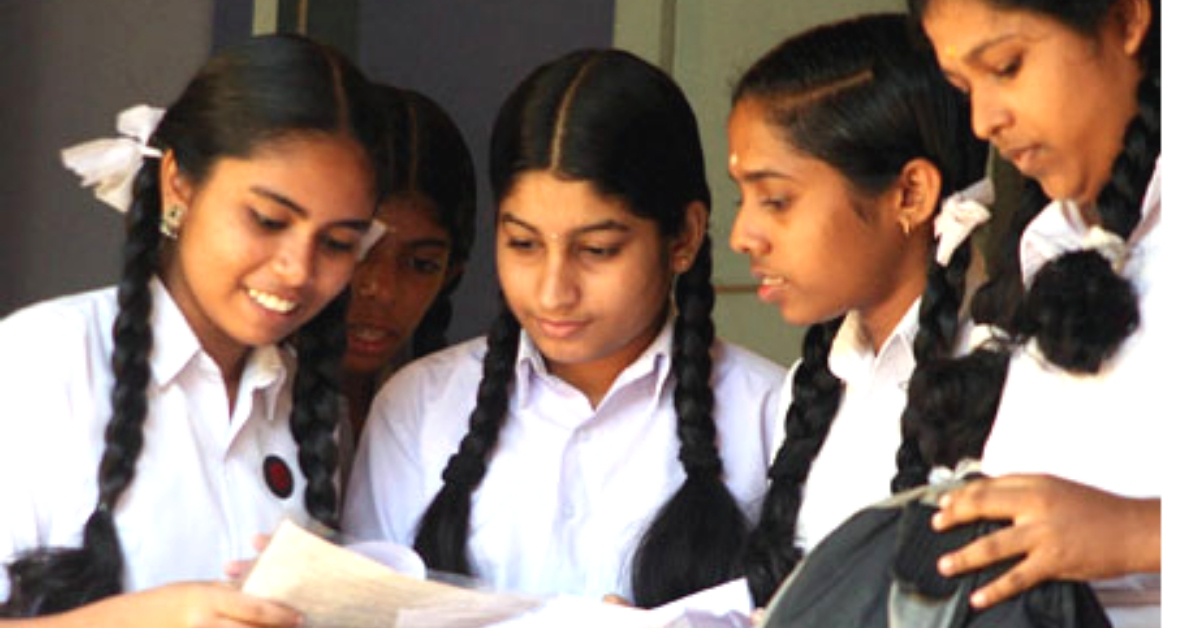CBSE Introduces Know Your Aptitude (KYA) Exam for Class 9 & 10 Students: 7 Facts to Know!
Teachers, trained in scoring and assessment of the tests will do so after the students take the KYA exam. They will share the results with parents so they can extend their support to their kids in their career choice.

I remember when I was preparing for my Class 10 board examinations, the general mood in the school was one of great excitement.
Discussions would mostly revolve around what we were planning to do after we would pass out of school and enter junior college.
While some of my classmates were confident that they wanted to pursue fashion design, journalism and economics, the majority of us chose the science stream.
Considered to be a “safe” option, the science (both medical and non-medical) stream is a popular choice among students, many of whom haven’t made up their minds yet.
The idea is that, unlike commerce or arts, this stream ensures that educational options remain open.
However, it is essential to understand that not every student may be interested in or have an aptitude for science. They may be better suited to pursue another field of study and must be made aware of their strengths and weaknesses.
In an effort to address such issues, and help school students make an informed decision about higher education, the CBSE has introduced a ‘Know Your Aptitude’ (KYA) exam.
Here are seven things you must know about it:

1. The KYA exam is for students studying in class 9 and 10. The CBSE officials believe that these are the years when students decide what course they will pursue after school and therefore it will be the perfect time to get their aptitudes tested.
“As students enter the secondary stage of schooling, they move closer to making many important career choices, one of which is deciding subjects to be studied at [a] senior secondary level such as Humanities, Commerce, Science or Vocational,” said the CBSE in a statement.
2. The test has been developed by the National Council of Educational Research and Training (NCERT).
3. Although prescribed by the CBSE, it is not mandatory for schools to register for the tests.

4. For those schools who do register, the test guides, manual, test booklets and the answer sheets are available on the CBSE website (the process started on 29 January 2019).
5. The students can take the test on any working day by going to the website and logging in through their school id credentials.
You may also like: CBSE Textbooks to Get Thinner: NCERT to Reduce Syllabus by 10-15% from 2019
6. Teachers, trained in scoring and assessment of the tests will do so after the students take the KYA exam. They will share the results with parents so they can extend their support to their kids in their career choice.
7. “It (KYA exam) is to be used keeping in view the students’ needs and their stage of education. The information about a student’s strengths and limitations would also help parents, teachers and the school administrators to extend support to the student while making such decisions,” the board stated.
(Edited by Gayatri Mishra)
Like this story? Or have something to share? Write to us: [email protected], or connect with us on Facebook and Twitter.
If you found our stories insightful, informative, or even just enjoyable, we invite you to consider making a voluntary payment to support the work we do at The Better India. Your contribution helps us continue producing quality content that educates, inspires, and drives positive change.
Choose one of the payment options below for your contribution-
By paying for the stories you value, you directly contribute to sustaining our efforts focused on making a difference in the world. Together, let’s ensure that impactful stories continue to be told and shared, enriching lives and communities alike.
Thank you for your support. Here are some frequently asked questions you might find helpful to know why you are contributing?


This story made me
-
97
-
121
-
89
-
167











